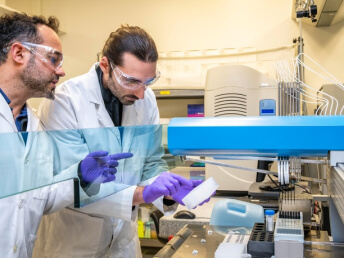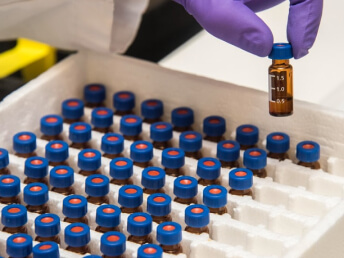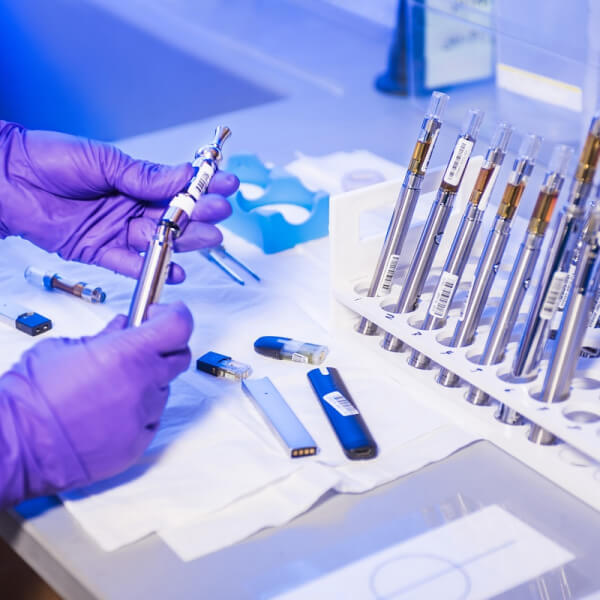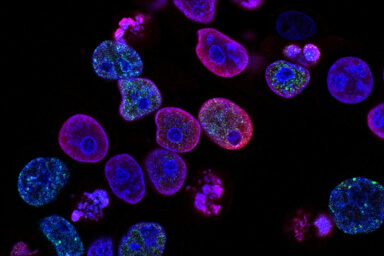cOVID-19 Testing In Charlotte
COVID-19 Symptoms
People with COVID-19 have had a wide range of symptoms reported – ranging from mild symptoms to severe illness. Symptoms may appear 2-14 days after exposure to the virus. Anyone can have mild to severe symptoms.
People with these symptoms may have COVID-19:
- Fever or chills
- Cough
- Shortness of breath or difficulty breathing
- Fatigue
- Muscle or body aches
- Headache
- New loss of taste or smell
- Sore throat
- Congestion or runny nose
- Nausea or vomiting
- Diarrhea

When to visit the emergency room:
Trouble breathing
Persistent pain or pressure in the chest
New confusion
Inability to wake or stay awake
Pale, gray, or blue-colored skin, lips, or nail beds, depending on skin tone
*This list is not all possible symptoms. Please call your medical provider for any other symptoms that are severe or concerning to you.
Call 911 or call ahead to your local emergency facility: Notify the operator that you are seeking care for someone who has or may have COVID-19.

Difference between COVID-19 & Flu
Influenza (Flu) and COVID-19 are both contagious respiratory illnesses, but they are caused by different viruses. COVID-19 is caused by infection with a new coronavirus (called SARS-CoV-2), and flu is caused by infection with influenza viruses.
COVID-19 seems to spread more easily than flu and causes more serious illnesses in some people. It can also take longer before people show symptoms and people can be contagious for longer. More information about differences between flu and COVID-19 is available in the different sections below.
Because some of the symptoms of flu and COVID-19 are similar, it may be hard to tell the difference between them based on symptoms alone, and testing may be needed to help confirm a diagnosis.
While more is learned every day about COVID-19 and the virus that causes it, there is still a lot that is unknown . This page compares COVID-19 and flu, given the best available information to date.

Who Is At Increased Risk for Severe Illness
Some people are more likely than others to become severely ill.
Severe illness means that a person with COVID-19 may need: hospitalization, intensive care, a ventilator to help them breathe or they may even die.
People at increased risk, and those who live or visit with them, need to take precautions to protect themselves from getting COVID-19.
Older Adults
People With Medical Conditions
Pregnant and Recently Pregnant People

Our Expertise
CoviLab has years of experience in molecular test development and disease research. Although for the last year we have focused on providing COVID-19 testing for our region, we are continuing our research efforts to develop new diagnostic tools to improve the care of children and adults with cancer.
01. RT-PCR testing for acute COVID-19 infection
RT-PCR tests detect active infection at the exact time you take the test.
02. Rapid Qualitative SARS-CoV-2
Viral antibody testing for determining recent or prior COVID-19 infection
03. RT-PCR testing for travelers
RT-PCR tests detect active infection at the exact time you take the test







